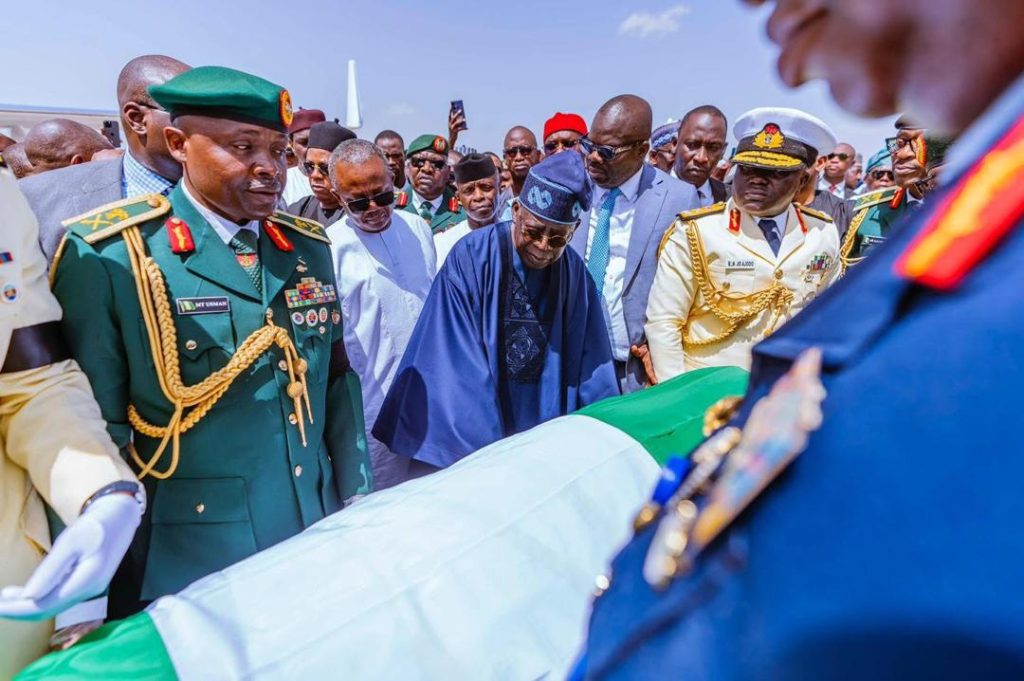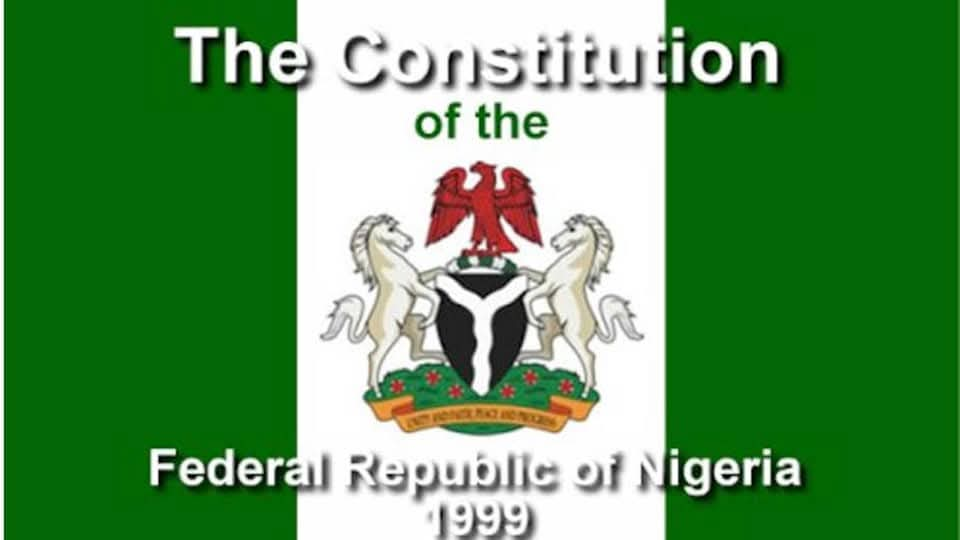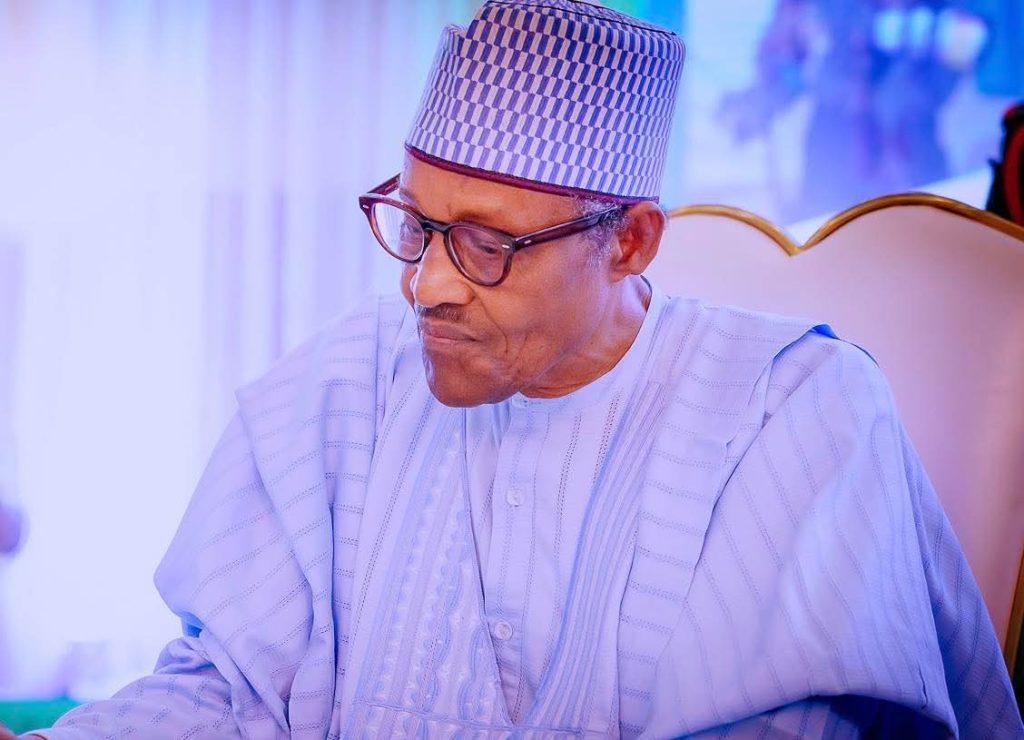Featured
Houthis back down, Trump ends Yemen airstrikes abruptly
DDM News

U.S. President Donald Trump has announced that American airstrikes against Houthi targets in Yemen will be halted.
According to Diaspora digital media (DDM), he made this declaration on Tuesday during a meeting at the White House with newly elected Canadian Prime Minister Mark Carney.
Trump said the Iran-backed Houthi group has expressed a desire to end hostilities in the region.
According to Trump, the Houthis no longer wish to continue attacks on international shipping routes.
He claimed the rebels had asked the United States to stop the bombings.
“They have capitulated,” Trump said during the meeting.
“They say they will not be blowing up ships anymore,” he added.
The president also stated that the Houthis pleaded, “Please don’t bomb us anymore and we’re not going to attack your ships.”
Trump did not provide specific evidence to support the claims made during his address.
There has been no official confirmation from the Houthi leadership to verify the U.S. president’s statement.
The Jerusalem Post reported that the Houthis have yet to issue any public response or acknowledgment.
It remains unclear whether the recent Israeli Air Force (IAF) strikes in the region influenced the Houthis’ reported decision.
The White House did not comment on whether Israeli military action played a role in the Houthis’ shift.
Trump hinted that a major announcement regarding Middle East peace could be made in the coming days.
He said the announcement might come later this week or early next week, though no details were provided.
Trump is scheduled to travel to Saudi Arabia later this month for a high-level summit.
It will be his first official foreign trip since taking office in January.
His visit is expected to include meetings with leaders of several Gulf nations.
The suspension of airstrikes may be viewed as an effort to ease regional tensions ahead of that trip.
During the same Oval Office meeting, Trump and Carney also discussed growing trade tensions between the United States and Canada.
Carney was elected prime minister on April 28 and this was his first official meeting with Trump.
Trump criticized what he described as an imbalance in trade between the two countries.
He claimed the U.S. was indirectly subsidizing the Canadian economy to the tune of $200 billion.
The American president described this as unfair and demanded a reassessment of bilateral trade agreements.
Carney, a former central banker with no previous political office, responded by calling the meeting “difficult yet constructive.”
He acknowledged the complexities of the issues but said both sides were committed to ongoing dialogue.
Carney advised against expecting quick solutions to deeply rooted trade disputes.
The Trump administration has been expanding tariffs on a range of foreign goods, including steel and aluminum.
New tariffs have also been threatened on imported cars and even films, a move that could heavily affect Canada’s economy.
Canadian industries are bracing for potential disruptions in response to the evolving trade policies.
Trump’s hardline stance on international trade continues to raise concerns among America’s trading partners.
Despite tensions, both leaders agreed to maintain open channels of communication.
Global observers are now focused on the president’s planned Middle East trip and what it could mean for future peace efforts.
If the Houthis truly intend to end their attacks, it could mark a significant step toward stabilizing the Red Sea region.
The situation remains fluid, and many await official confirmation from all parties involved.
For Diaspora Digital Media Updates click on Whatsapp, or Telegram. For eyewitness accounts/ reports/ articles, write to: citizenreports@diasporadigitalmedia.com. Follow us on X (Fomerly Twitter) or Facebook











